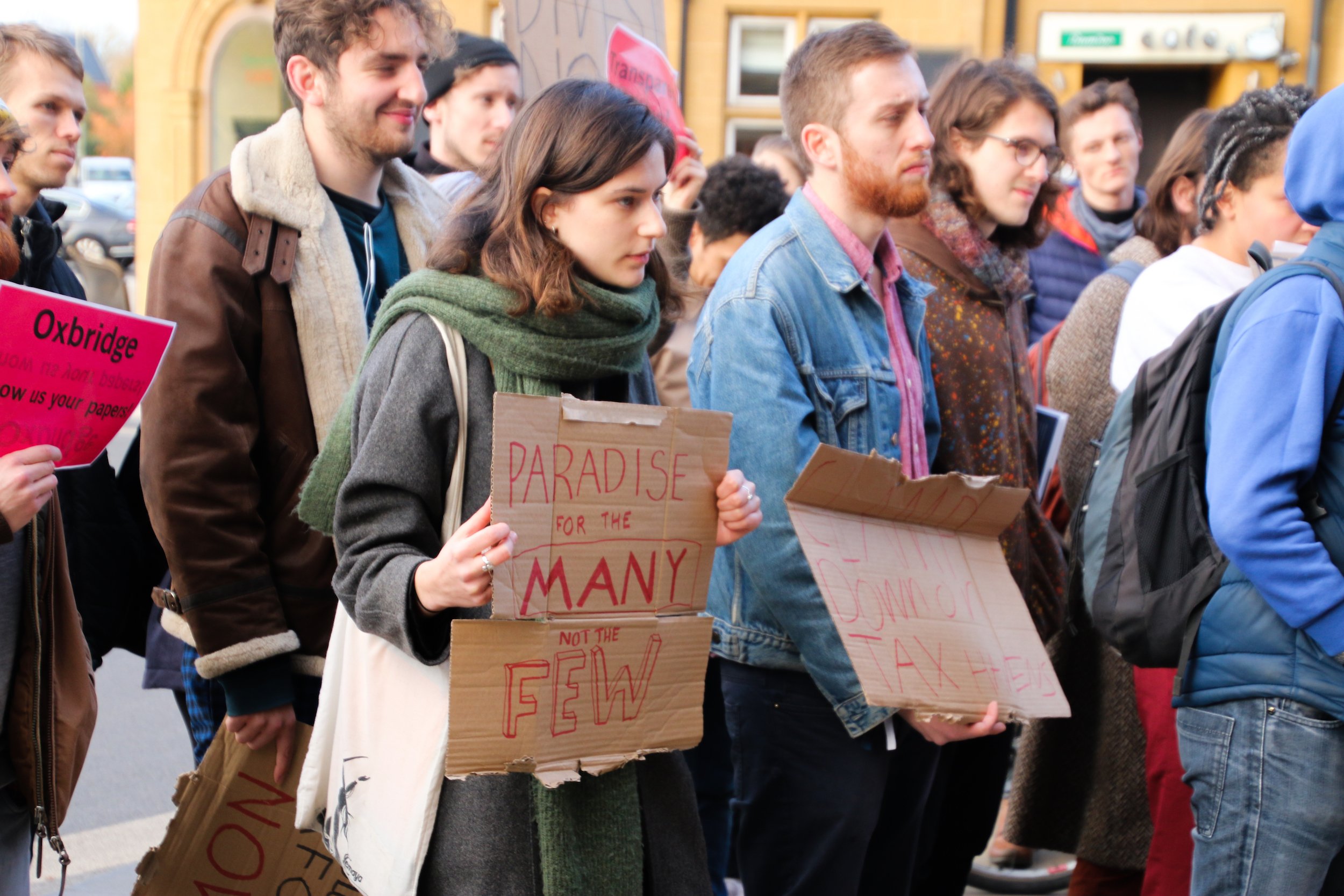Tom Stileman took his try-scoring tally to nine in three games as his hat-trick helped the Men’s Blues to seal a comprehensive victory over Northumbria University.
The table-topping BUCS team had endured the long journey down from the north on a chilly Monday night, but the opening encounters were lightening quick with flowing and expansive rugby aplenty.
After an unbeaten run at Iffley Road, the hosts were determined to continue their impressive form, having lost only one game so far all season.
The visitors went into the clash sitting at the top of the Bucs Super League, and with only one defeat – a 53-50 thriller against the University of Exeter – this season, it was no surprise that they brought a high pace and intensity to the match with a desire to play attacking rugby.
Following a strong opening few minutes with clever tactical kicking from the Oxford half-backs, captain Conor Kearns slotted an early three points to give the home side a lead that they never relinquished.
Then, a try in the corner for winger Stileman, and a fantastic attacking move from Rob Quinlan, took the score to 15-0. Even though the visitors were missing some key players, the Blues could not have expected such a strong start.
A final three points before half time took the score going into the break to 18-0 with the home team looking comfortably in the lead despite some missed chances.
At the start of the second half, Stileman, who scored four in the win against Bristol RFC, managed to grab two more tries after some powerful carries down both the midfield and the wing.
The visitors scored in the far corner midway through the second half, eventually managing to break through a strong defensive backline led by Kearns and centre Alex Hogg, who barely missed a tackle between them.
And despite that score, the Blues turned the screw and were able to punish the Northumbrians in the scrum.
The first pushover try was dotted down by flanker Roberto Talotti, part of an exceptional Oxford back row which also contained former England U20 Sevens skipper Will Wilson, and ex-Saracens man Andy Saull. The trio were outstanding at the breakdown all evening, and it is vital that they remain fit and firing for the rest of the Blues’ season.
Only a few minutes later, a penalty try was awarded, and Kearns slotted home the conversion to complete the scoring.
The match finished with a resounding scoreline of 40-7, a menacing show of intent from the Blues for the rest of the season.
Indeed, with the Varsity Match looming, it seems as though the Dark Blues are in pole position for Twickenham glory. Their opponents, Cambridge, only recorded their first win of the 2017/18 campaign last Wednesday, scraping past Moseley 27-24.
While Varsity fixtures are rarely one-sided, the signs are positive for Oxford, especially after another confidence-boosting win.



